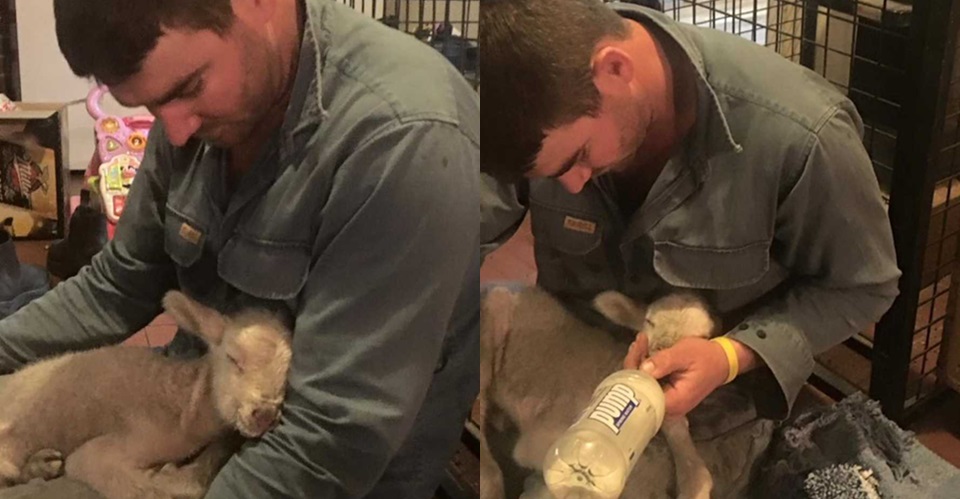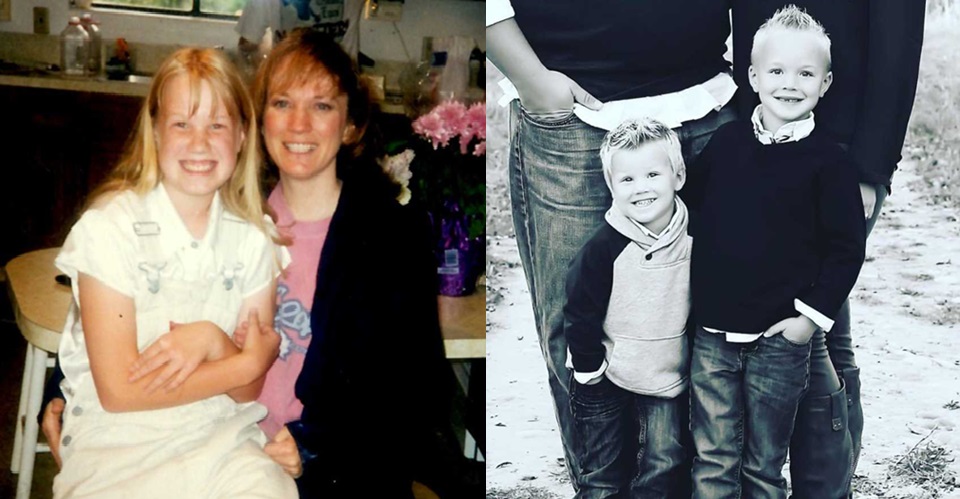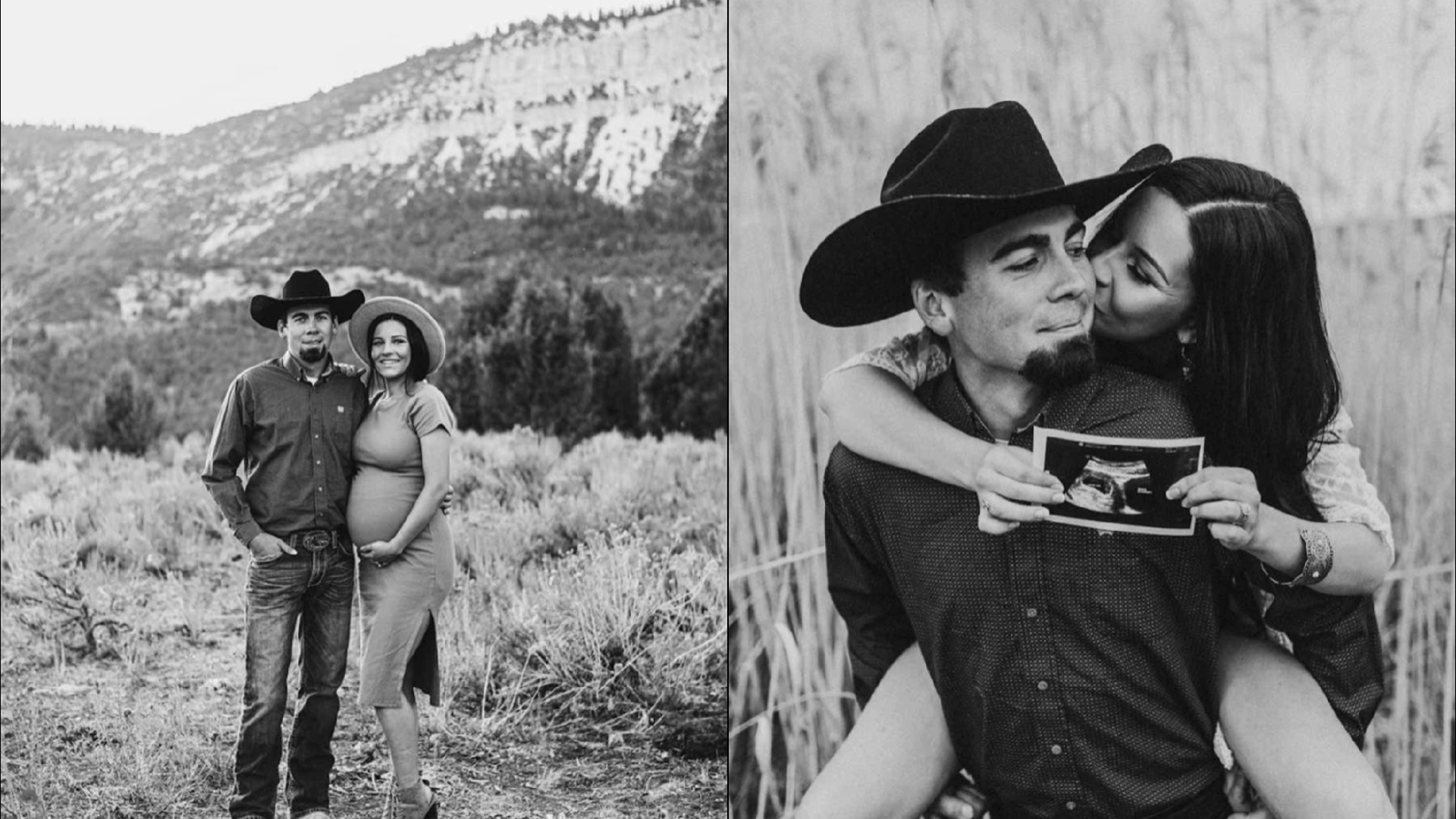It’s easy to scroll past a picture of a farmer on social media and think, “Nice hat, big tractor, probably loves country music.” But that’s missing the heart of it. Farmers are the backbone of the country. They’re why milk hits your cereal bowl in the morning and a Sunday roast makes it to the table. And yet, too often, they’re criticized, misunderstood, or lumped into the same category as one bad headline.
Take Laura’s husband for example. It’s a Sunday, the day most people might spend stretched out on the couch, half-watching footy, maybe napping, maybe sneaking in chores they’ve ignored all week. Not him. He’s out in the fields, rain dripping off his jacket, checking on sheep that don’t even belong to him. That’s right—these sheep aren’t theirs, so there’s no direct profit coming his way. But still, he goes. Because farmers don’t clock out when the weather turns cold or when the weekend arrives. They show up. Every single time.
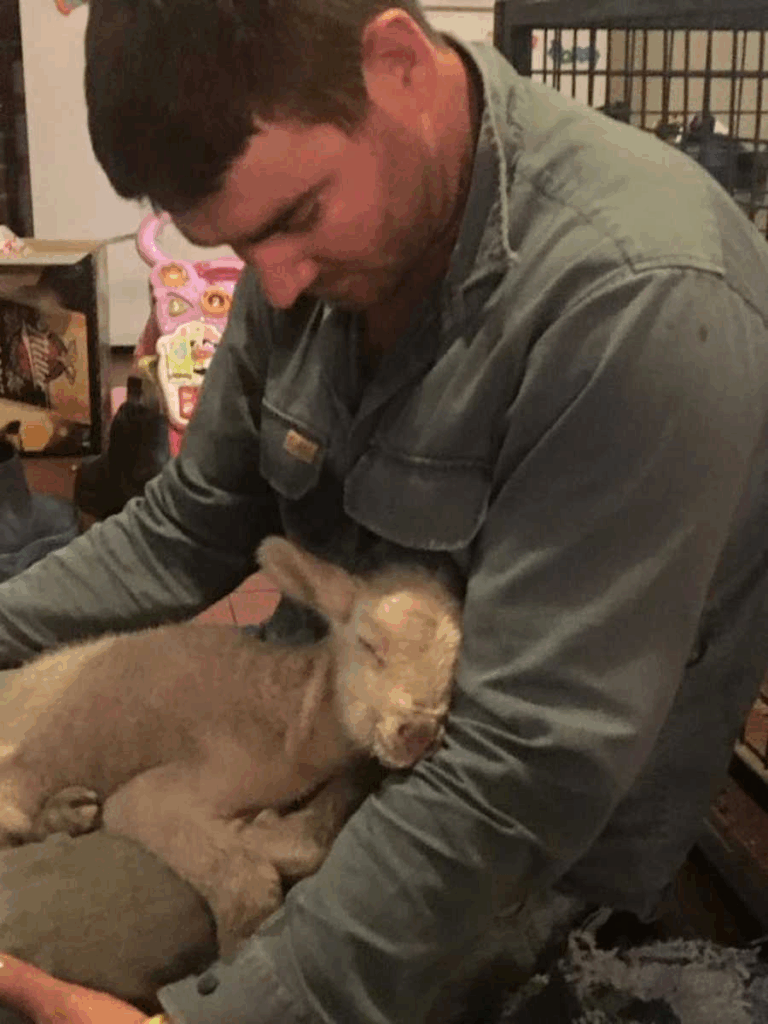
That day he came across a newborn lamb. A little guy shivering in the paddock, abandoned by his mother, left to die in the mud. Some people might shrug it off, say nature has its way. Not this farmer. He scooped that lamb up, brought him inside, set him on a rug before the fire, and fed him by the hour. Whether the lamb would survive was touch-and-go, but at least he had a fighting chance. That’s what farmers do: they give life where most would walk away.
And yet, turn on the news and what do you hear? Live export scandals, angry debates, footage of animals treated poorly. The outcry is immediate and loud: ban it all, shut it down, blame every farmer for the sins of a few. But here’s the thing, would you stop driving because one car broke down? Would you swear off restaurants forever because one served you bad food? Probably not. So why condemn every farmer for the mistakes of one company?
Farming is messy, complicated, and rarely black and white. It’s long days that start before the sun and end after dark. It’s seasons of drought, floods, pests, and unpredictable markets. It’s a constant balancing between tradition and modern practices, between caring for animals and ensuring bills get paid. And while critics argue from afar, farmers are in the mud, doing their best with the tools they’ve got. Farmers are also the quiet heroes of the everyday meal. That warm bread you tear into at dinner, the milk swirling in your coffee, the vegetables chopped into a salad—none of it appears out of thin air. Someone planted it, watered it, protected it, and harvested it. Someone cared enough to keep showing up, even when it was thankless.
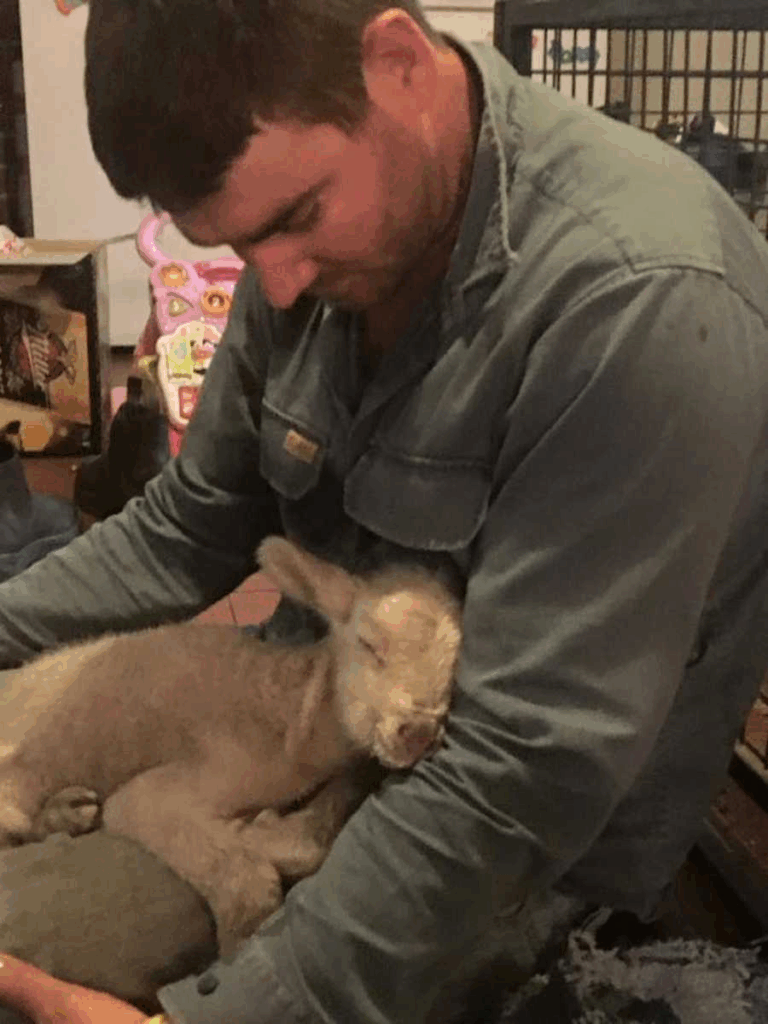
Laura puts it: “I love my farmer.” It’s not a flashy declaration, but it’s packed with truth. Loving a farmer means accepting the sacrifices—missed dinners, muddy boots at the door, calls at night to check on animals. It means knowing that while others might criticize, your partner is out there quietly feeding a lamb, tending to stock, and ensuring families across the country have food on their tables.
Most farmers aren’t looking for applause or headlines. They’re just doing what generations before them have done: working hard, caring deeply, and carrying a weight most people don’t even realize exists. They are proud, resilient, and, yes, exhausted. But they’re also hopeful that people will look past the noise and see the truth—that farmers are the country’s backbone. So, pause for a second next time you sit down to eat. Thank the farmer who made it possible. It is not grand, poetic, but just in your heart and awareness. Because behind every meal, there’s a story like Laura’s husband and that tiny lamb. A tale of sacrifice, compassion, and grit. Farmers are the country’s backbone and deserve to be seen that way.
